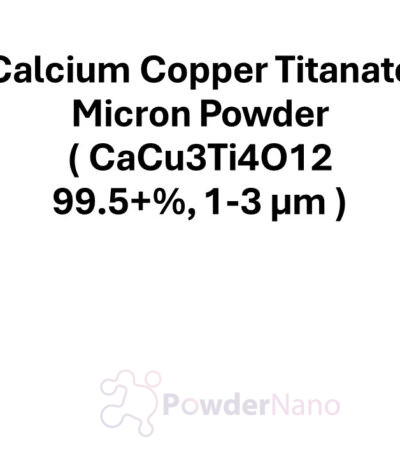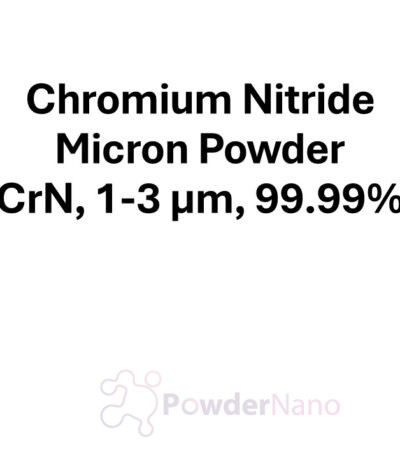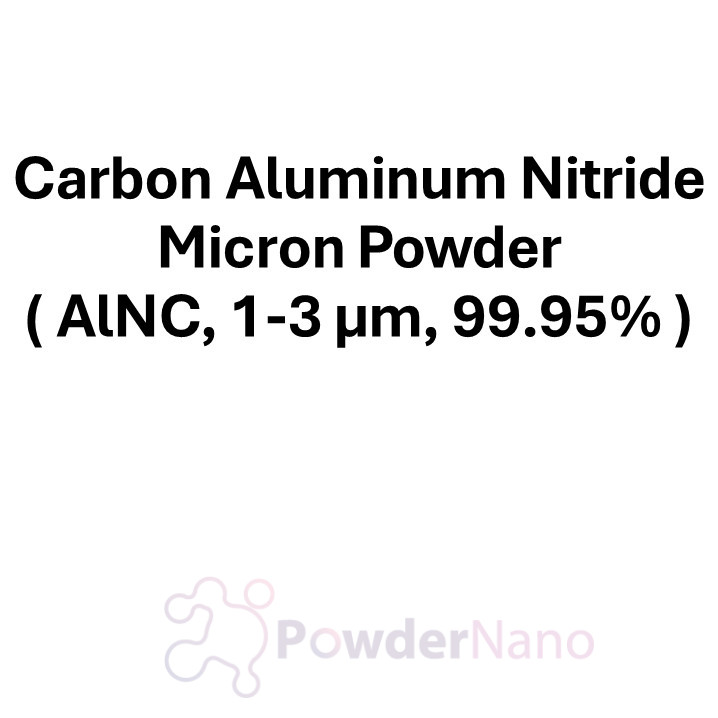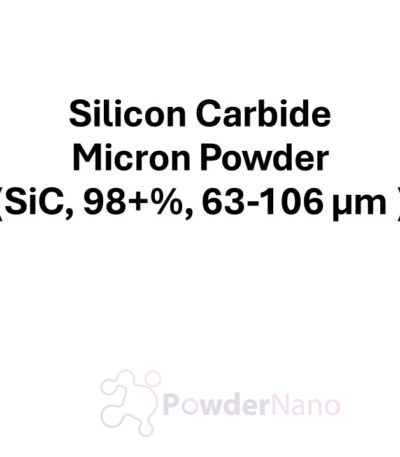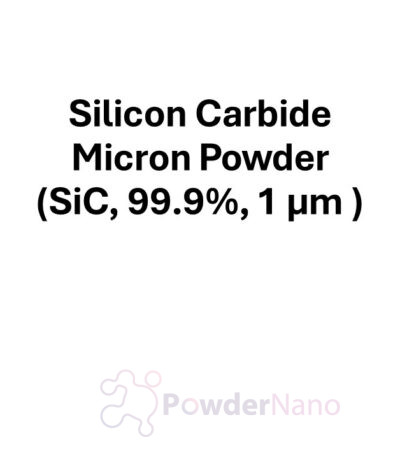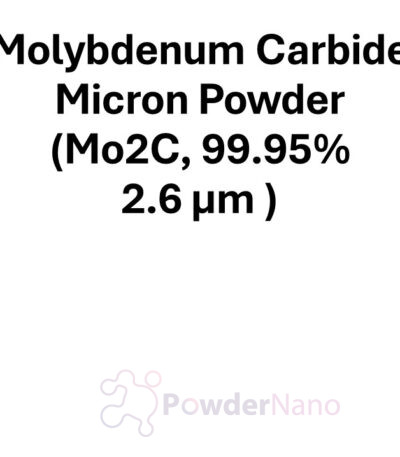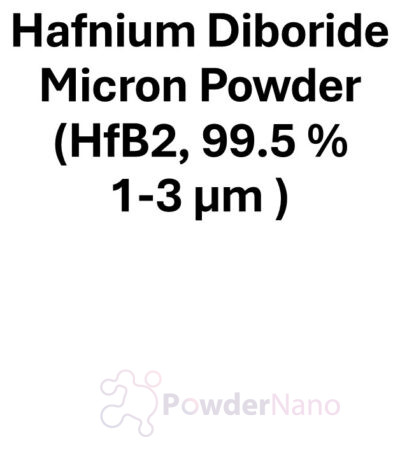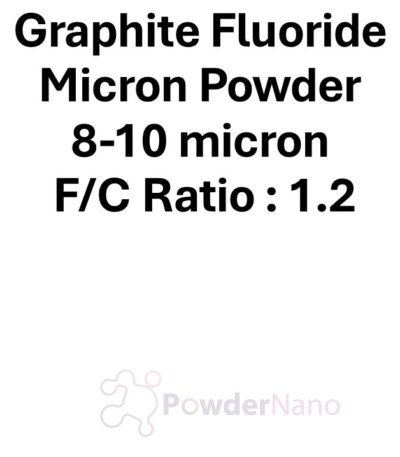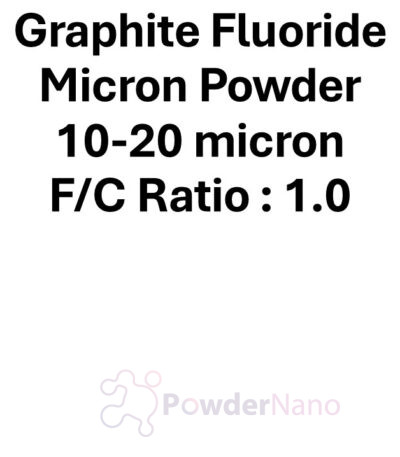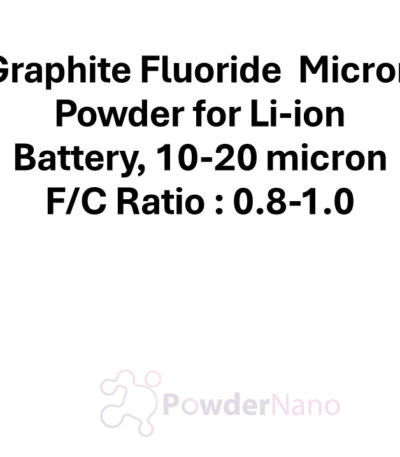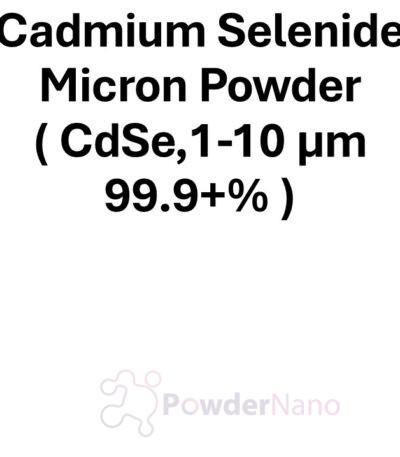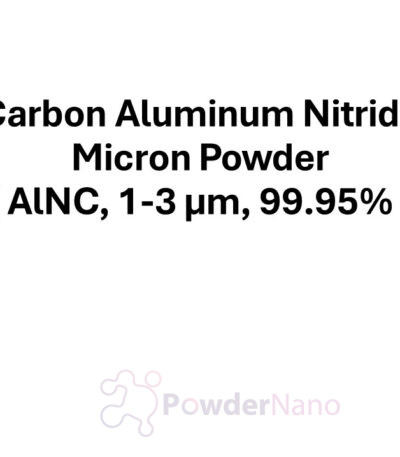Carbon Aluminum Nitride Micron Powder (AlNC, 1-3 µm, 99.95%)
Technical Specifications:
- Material: Carbon Aluminum Nitride (AlNC)
- Purity: 99.95% (high purity)
- Particle Size: 1-3 µm (microns)
- Shape: Typically irregular, may also include some spherical particles depending on the manufacturing process
- Density: Approximately 3.3 g/cm³ (for AlNC)
- Melting Point: Approximately 2,000°C (3,632°F)
- Boiling Point: Sublimes at around 2,600°C (4,712°F)
- Chemical Composition:
- Aluminum (Al): ~50%
- Nitrogen (N): ~30%
- Carbon (C): ~20%
Applications:
- Thermal Management:
- Carbon Aluminum Nitride (AlNC) is widely used in thermal management applications due to its excellent thermal conductivity. The micron powder form is ideal for the production of thermal interface materials, heat sinks, and cooling systems used in electronic devices, LED technology, and power electronics. The material’s ability to conduct heat effectively while being lightweight makes it essential in energy-efficient designs for power devices, automotive components, and high-performance electronics.
- High-Performance Ceramics:
- AlNC is used in the manufacturing of advanced ceramics due to its high temperature stability and mechanical strength. It is employed in refractory materials, ceramic composites, and coatings for metal casting, electronic substrates, and aerospace applications. The micron powder is used to create ceramic materials that can withstand extreme temperatures and harsh environments, ensuring durability and reliability in high-performance industries.
- Electronics and Semiconductor Devices:
- Carbon Aluminum Nitride is increasingly used in the electronics industry for the manufacture of semiconductor devices, including power amplifiers, microelectronics, and transistors. Its high thermal conductivity and electrical insulation properties make it ideal for use in electronic substrates, high-frequency circuits, and power modules.
- The micron powder is processed into thin films or sintered ceramics for high-power semiconductors that need to efficiently dissipate heat while maintaining electrical insulation.
- Piezoelectric Materials:
- Aluminum Nitride with carbon doping, such as AlNC, exhibits piezoelectric properties, meaning it generates an electric charge when subjected to mechanical stress. This makes it ideal for piezoelectric sensors, actuators, and energy harvesting devices. AlNC powder is used to create sensitive materials for applications in vibration sensors, pressure sensors, flow sensors, and microelectromechanical systems (MEMS).
- The micron powder form is used to fabricate high-performance piezoelectric devices with precise control over material properties, making it suitable for industrial monitoring, automotive applications, and wearable devices.
- Wear-resistant Coatings:
- Due to its hardness and thermal stability, AlNC is used in wear-resistant coatings for applications in cutting tools, mining equipment, machinery components, and industrial parts that experience high levels of wear and abrasion. The micron powder is used in thermal spraying and hardfacing to provide long-lasting durability in parts exposed to high friction, erosion, and extreme temperature conditions.
- Thermal Conductive Films and Substrates:
- AlNC is used to create thermal conductive films and substrates for electronic packaging and high-power electronic applications. The micron powder is processed into thin films that provide efficient heat dissipation while maintaining electrical insulation. These films are essential for the packaging of power semiconductor devices, LED lighting, and high-frequency electronics, where high thermal conductivity is essential for performance.
- Energy Storage and Supercapacitors:
- Carbon Aluminum Nitride has been explored for use in energy storage devices such as supercapacitors and batteries due to its high surface area and electrical conductivity. The material is used in the development of high-performance electrodes for electric vehicles, renewable energy systems, and power grid storage applications.
- The micron powder is used to enhance the capacity and efficiency of energy storage systems, enabling faster charge/discharge cycles and improved overall performance.
- Catalysts and Chemical Reactions:
- AlNC has been found to have catalytic properties in certain chemical reactions, such as hydrogenation, carbon dioxide reduction, and pollutant degradation. It is used as a catalyst in various chemical processes, especially in environmental cleanup and sustainable energy production.
- The micron powder can be used as a catalyst support material in catalytic converters, fuel cells, and chemical reactors, where its thermal stability and high surface area contribute to improved efficiency and reaction rates.
- Biomedical Applications:
- Carbon Aluminum Nitride is used in biomedical applications, particularly for the development of biocompatible coatings and implants. The material’s corrosion resistance, biocompatibility, and mechanical strength make it suitable for orthopedic implants, dental materials, and prosthetics.
- The micron powder can be processed into coatings for medical devices to enhance their biocompatibility and performance in long-term use within the human body.
- Research and Development:
- AlNC micron powder is widely used in research and development for exploring new nanomaterials, composite materials, and advanced technologies. Researchers use AlNC powder to study electronic properties, thermal conductivity, and piezoelectric behavior, as well as to explore new applications in energy storage, sensing, and advanced coatings.
- It is used in material science research to investigate new methods for high-performance electronics, thermal management, and energy systems.
Carbon Aluminum Nitride Micron Powder (AlNC, 99.95%, 1-3 µm) is a high-performance material with a range of applications across thermal management, piezoelectric systems, energy storage, coatings, and electronic devices. Its thermal conductivity, electrical insulation properties, and high-temperature stability make it ideal for cutting-edge technologies in industries such as aerospace, automotive, electronics, medical devices, and energy systems. The fine micron powder ensures optimal performance in precision manufacturing, sensor technology, and advanced materials development, making it an essential component in high-performance, durable systems across multiple fields.
